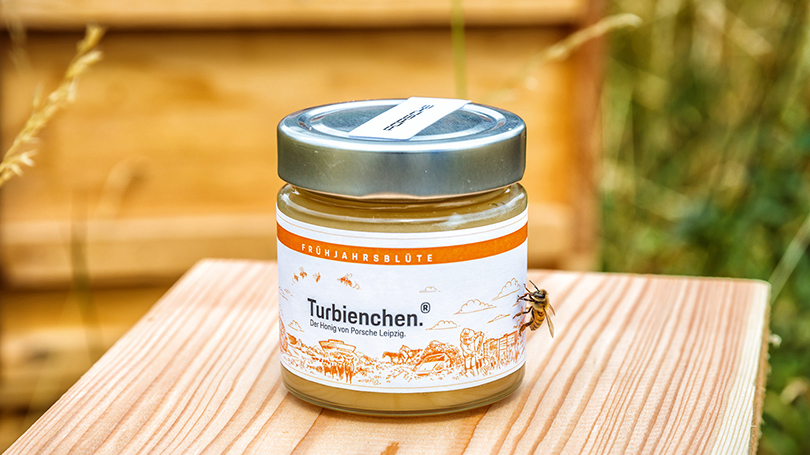Get a clue
16th July 2021 l For researchers l 4-5 minutes
Hello, today I’m doing a little interview with Tina on the subject of sustainability at Porsche. She is an expert in this field. You will learn about the environment and what Porsche and you can do to protect it more effectively.
Tom: Tina, when you think of sustainability at Porsche, what’s the first thing that comes to your mind?
Tina: Quite a lot! Porsche’s goal is to become CO² neutral by 2030. CO² is the abbreviation for the gas carbon dioxide, which is naturally present in the air. But people also produce a lot of CO². For example, in factories, when driving, flying or heating.
Trees and plants even need CO² to live. They convert CO² into oxygen. But if there is too much carbon dioxide in the air, the plants cannot convert all the harmful gas and the rest remains in the air. This harms the environment. That is why Porsche is also trying to reduce and avoid the production of CO². One way Porsche wants to do this is with many new sustainable electric cars.
Tom: That sounds exciting. And what about the many Porsche models that were built a long time ago?
Tina: Did you know that 70% of all Porsche models ever produced are still on the road? Durability is also very important when it comes to sustainability: what is used for a long time does not have to be produced again. For example, components, electricity and water can be saved.
Tom: Cool! Using things that already exist instead of buying new things is also a great idea for everyday life, isn’t it?
Tina: That’s right! It is a very important point. Because the most important thing is still that every company and every person starts to do something for more sustainability at home. For example, repairing broken things or making new things out of them instead of throwing them away. But you can also do very simple things: Save water by always turning off the tap when brushing your teeth, separate your rubbish or use cloth bags instead of plastic bags for shopping.
Tom: Great, I try to save water as much as possible. But I can certainly separate my waste a bit better. Thank you Tina for your explanations and tips.
Tina: I’d love to! There is so much more to learn, I will write a post or two about it for sure.
I hope you also learned something new during this interview. Next week, Tina will tell you a lot about the Porsche site in Weissach.
Yours, Tom
Did you know?
A meadow orchard near the Zuffenhausen site has been home to 13 bee colonies since last year. The Leipzig site also has its own bee colonies. The honey produced by Porsche is called ‘Turbienchen Honig’.
Did you enjoy reading my post? I’m happy if you leave a like.
